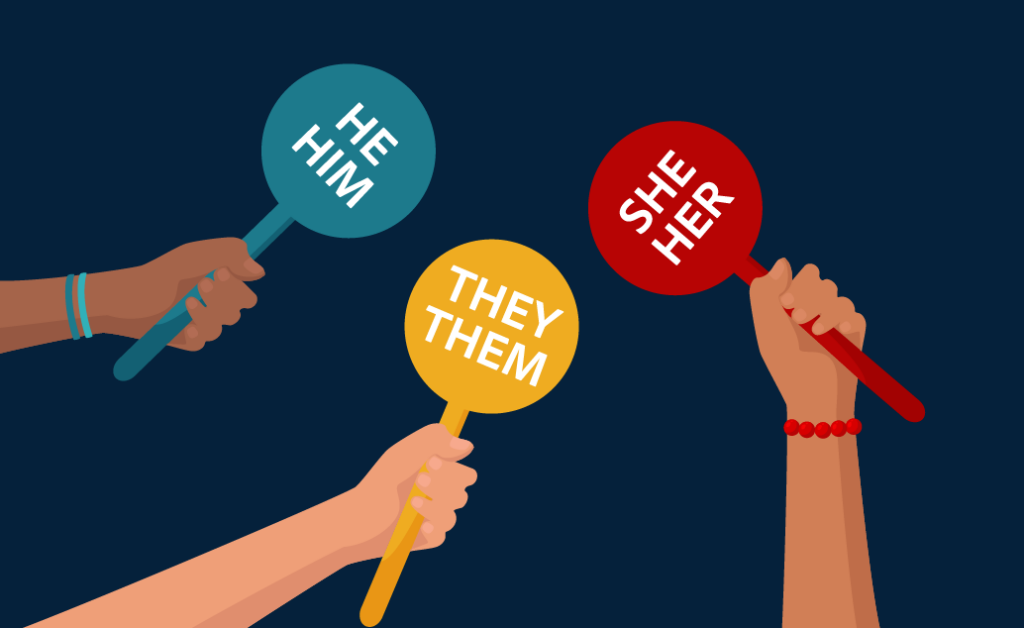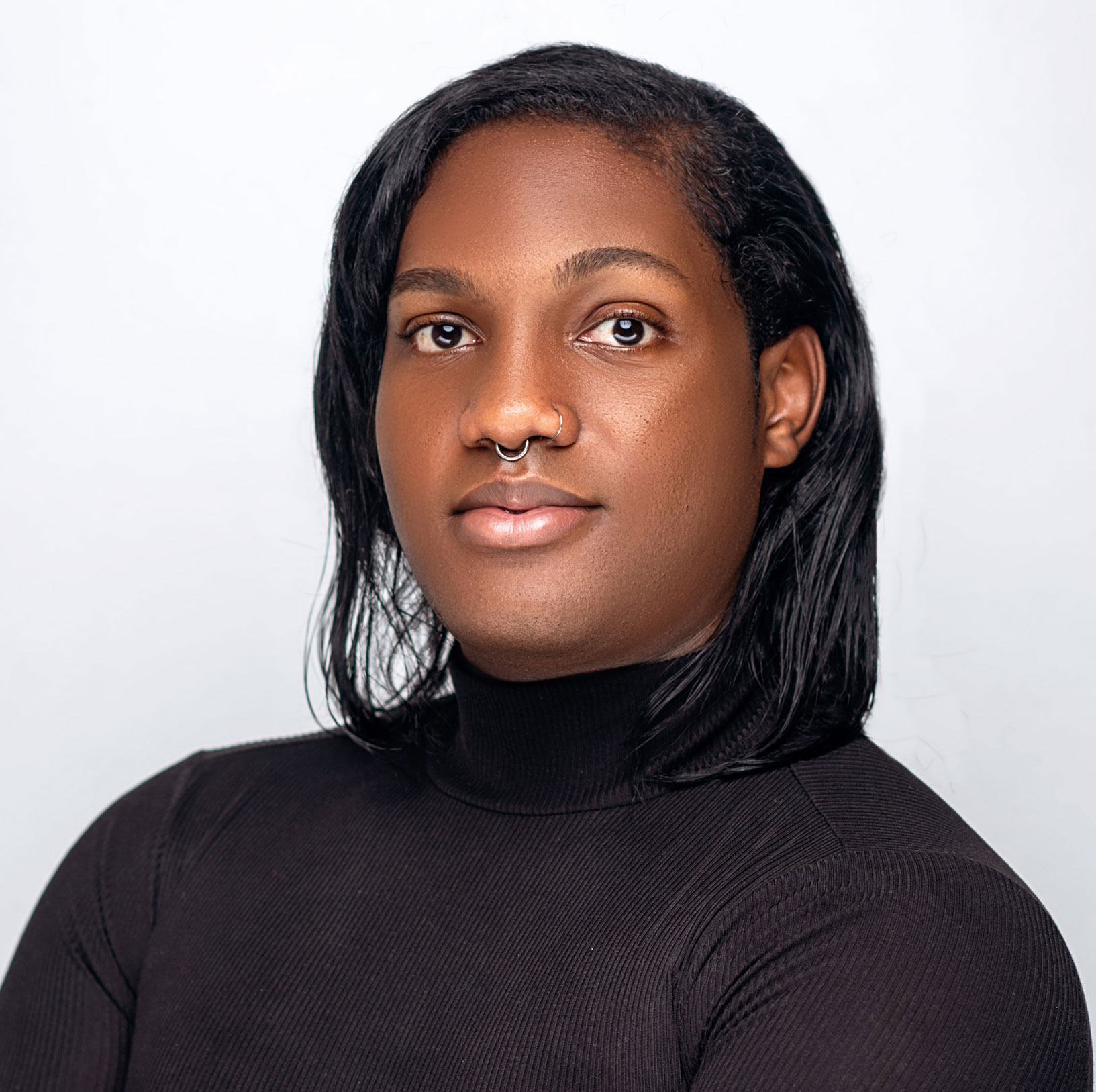
He/him, she/her, he/they, she/they, he/she/they, they/them – I’m pretty sure we’ve come across at least one of these combinations in some context. The use of pronouns is one of the biggest current human rights movements. In some fields and industries, it seems to be almost standard practice nowadays to include pronouns in email signatures. So, what are pronouns? What is the significance of pronoun use? Why is it important to respect one’s preferred pronouns?
We have learned to communicate using pronouns, especially when speaking English. In learning how to form correct usage, we use masculine, feminine and plural forms of words that have a gender connotation. We learn to form associations that represent masculine or feminine phenomena through social and cultural practices and norms. These norms are the foundation to how we learn to ascribe labels and communicate: he to refer to a man and she to refer to a woman. When we communicate, we assume and reference one’s gender. However, these assumptions are not always accurate and can lead to misgendering.
Let’s take Theo, for example. Theo is a new member of an executive team. Theo presents in a manner that we have learned to associate with being a man. Theo is called and referred to as “he” and “him” by his team members, even though Theo ascribes to a nonbinary identity. Theo may be anatomically male, but the way in which Theo experiences themself socially and professionally is not simply as a man. The perceived disregard for how Theo experiences themself by their coworkers creates feelings of inconsideration and disrespect. This impacts how Theo perceives and communicates with their team, ultimately impacting team dynamics.
Sex and gender are very complex constructs. As our knowledge has evolved, we have learned that these concepts are not always congruent, and the way in which people experience themselves is not always simple or normative.
I recently changed my pronouns. I never imagined ever using the pronouns they/them. I first heard about pronouns through an article highlighting Demi Lovato’s change of pronouns. My frank response was that we’re just doing too much as a community pushing for social change. However, as I’ve taken time to learn more about pronouns and understand their importance in how we experience ourselves, I’ve been enlightened. Moreover, as an academician, it was critical that I understand how pronoun usage in the professional context was important to creating diversified and inclusive spaces.
I was once ignorant to the concept of pronouns and its importance for creating psychologically safe professional spaces. But I’ve chosen to educate myself and now live the reality of owning atypical pronouns. We each have a responsibility to educate ourselves on pronouns as we aim to create more diversified, equitable and inclusive professional and social spaces, because by addressing each other by preferred pronouns, we give everyone to opportunity to feel seen and validated.
For more education on how you can become an agent of change toward more inclusive pronoun use in the professional context, please visit www.pronouns.org.
American College of Education prepares you to be a leader. Learn more about our leadership programs here.

